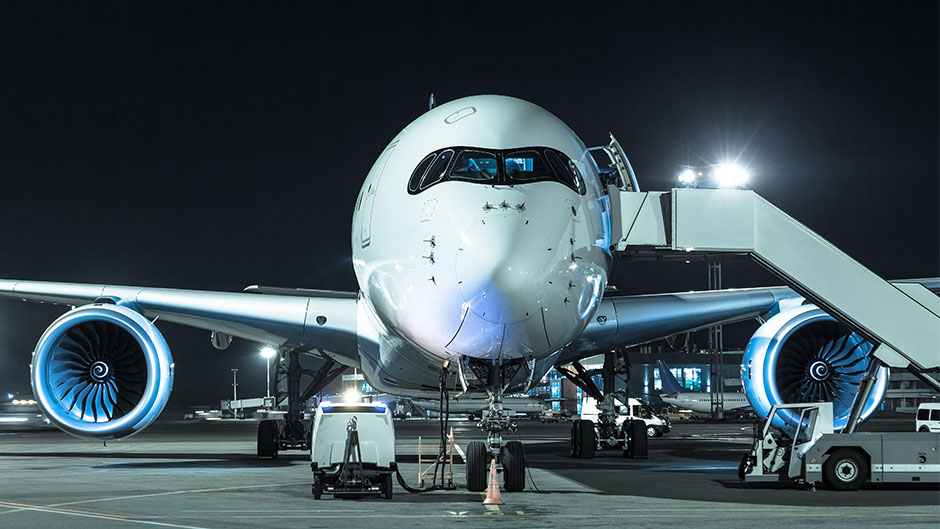Regulation (EC) 261/2004 is described by general counsel of many major airlines as their biggest challenge, and for good reason. Even the best run airline suffers delays from time to time and the administrative and financial burden of dealing with the resultant claims for compensation is huge.
EC261 was originally designed to deter airlines from choosing to overbook flights or to cancel them for commercial reasons. It has been progressively extended by a string of decisions from the Court of Justice of the European Union (ECJ), Europe’s supreme court, whose decisions are binding on EU member states. In 2012, the ECJ held that even though EC261 expressly provides for compensation to be paid to a passenger only where he or she is denied boarding, or his or her flight is cancelled, a long delay is equivalent to a cancellation and therefore compensation is also payable if a flight is delayed by three or more hours1. Depending on the length of the flight, the compensation payable is between €250 and €600, in many cases far more than the cost of the ticket.
An airline has a defence to a claim for compensation if the delay, cancellation or denied boarding was (a) caused by “extraordinary circumstances” which (b) could not have been avoided even if all reasonable measures had been taken. “Extraordinary circumstances” is not defined in EC261, but rulings of the ECJ have sought to interpret it. Until the recent Pešková case2 which concerned an incident of a bird strike to an aircraft, the leading authority was the 2009 case of Wallentin-Hermann3. This referred to the circumstances listed in Recital 14 of EC261, namely “political instability, meteorological conditions incompatible with the operation of the flight concerned, security risks, unexpected flight safety shortcomings and strikes that affect the operation of an air carrier”. It went on to state that an event would be regarded as an extraordinary circumstance only if, like those listed in Recital 14, it “is not inherent in the normal exercise of the activity of the air carrier concerned and is beyond the actual control of that carrier on account of its nature and origin”.
Although it did not appear to be the original intention of EC261 that an airline had to pay compensation where it could not operate an aircraft, rather than chose not to do so, ECJ has tended to take a consumer-oriented view. It has already ruled that technical faults, even if unforeseeable and unavoidable, and even if caused by premature failure of components, are not extraordinary circumstances4. Similarly, the ECJ has held that damage caused by a groundhandling contractor of the airline to an aircraft shortly before take-off is also not extraordinary5. In both cases the ECJ consider that the event was “inherent” in the operation of the air carrier and therefore not extraordinary. Passengers have sought to argue that a range of other things which are beyond an airline’s control, but which happen with reasonable frequency, such as lightning strikes and bird strikes, are not “extraordinary” since they are inherent in the operation of the aircraft.
Airlines looked forward to the decision in Pešková with some trepidation. In July 2016, Advocate General Bot, whose role is to consider the written and oral submissions and to deliver an impartial opinion to the Court, had opined that bird strikes are inherent and therefore not extraordinary6. To the relief of airlines, the judgment which the ECJ delivered on 4 May 2017 did not follow the Advocate General’s decision (as occasionally happens) and instead took a less consumer-oriented view. The decision also usefully gives clarification on some other aspects.





